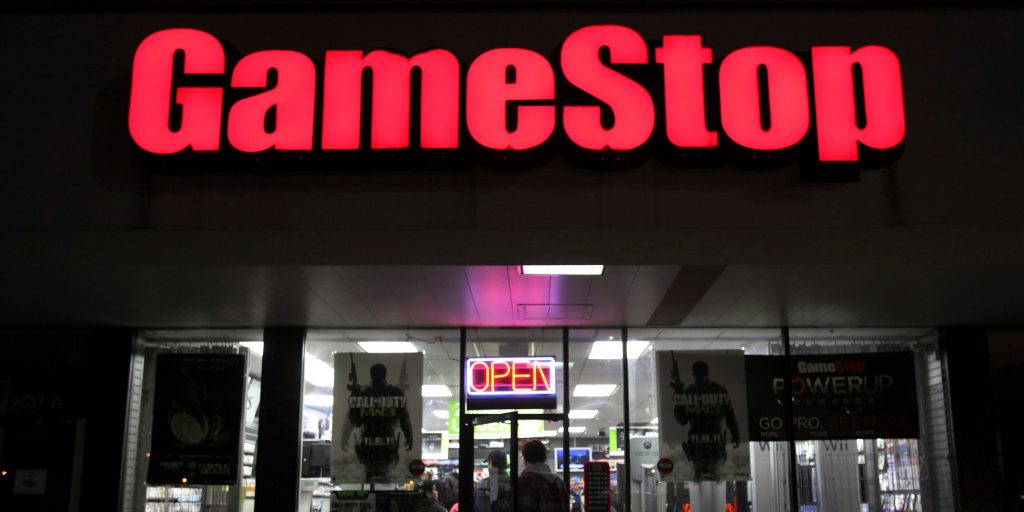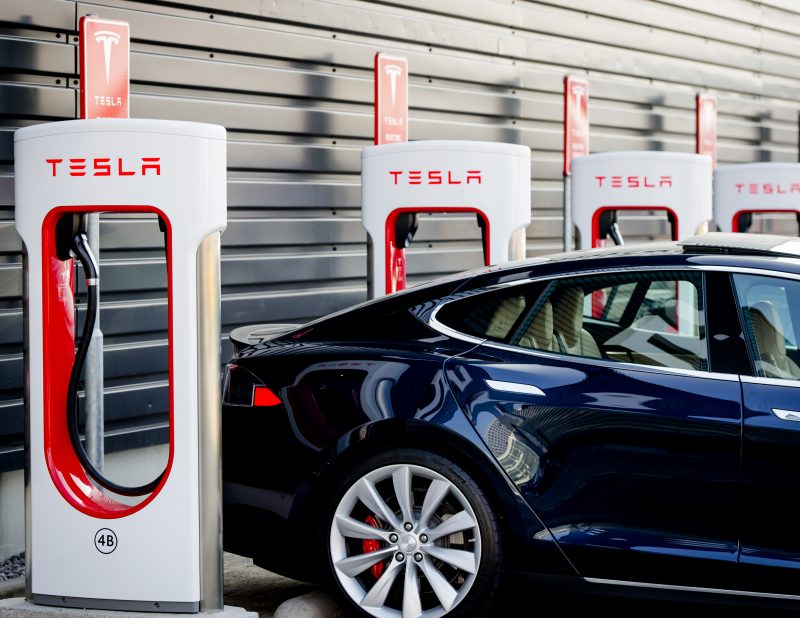- Retail traders are bringing meme stocks like AMC, GameStop, and Tesla back to life.
- Each of the stocks have rallied this week on a variety of news from the companies.
- The meme-stock trend had been fading amid Fed rate hikes and the war in Ukraine.
Meme stocks are staging a comeback.
On Tuesday, retail traders poured into shares of some of their most beloved companies, with Tesla, AMC, and GameStop leading the list of the top-traded stocks, according to Fidelity's retail tracker. The stocks have staged big rallies so far this week thanks to a trifecta of news pushing retail traders back into some of their favorites.
For Tesla, the EV maker run by billionaire Elon Musk, shares surged to their highest price in months on Monday as the company said it planned to ask for shareholder approval for a stock split. More specifically, Tesla wants to pay a dividend in the form of additional stock. Shares rallied 8% Monday but dipped on Tuesday.
Major movie-theater chain AMC, for its part, jumped a whopping 45% Monday after meme-famous CEO Adam Aron announced the company is planning more strategic deals to capitalize on money raised from retail investors. The chain surged early Tuesday before pulling back after the market opened.
Shares of Hycroft Mining, which received a $28 million investment from AMC earlier in March, skyrocketed alongside its strategic partner with the help of retail traders.
GameStop – the meme stock that started it all in January 2021 – surged 25% Monday after a week of gains that followed Chairman Ryan Cohen adding 100,000 shares of the gaming retailer to his stash. In a tweet, the Chewy cofounder said, "I put my money where my mouth is." Shares of the company slipped 6% Tuesday.
Meme stocks – a phenomenon that started last year when hordes of retail traders gathered on social media poured into shares of ailing stocks like GameStop and AMC – had been fading into the background amid a rout in the broader market this year. Investors have been seeking safe havens like gold to hedge their portfolios against rate hikes from the Federal Reserve and volatility from Russia's war in Ukraine.











